
The Counter-Terrorism Committee (CTC) of the UN Security Council has adopted the "Abu Dhabi Guiding Principles" that address the challenges posed by the use of unmanned aircraft systems (UAS) for terrorist purposes.
The document is the first of its kind at the United Nations to address the increasing challenges posed by UAS in the context of counter-terrorism.
It consists of four guiding principles, each focusing on a different aspect: the integration of UAS threats into national counter-terrorism strategies and establishment of legal frameworks; increased understanding and awareness of UAS threats; developing measures to detect, identify, deter, and respond to UAS threats; and capacity development and information exchange to promote international cooperation.
Within the framework of the Delhi Declaration on Countering the Use of New and Emerging Technologies for Terrorist Purposes, the CTC took the lead in developing the non-binding guiding principles, recognising the urgent need to counter the evolving threat posed by the use of new and emerging technologies for terrorist activities.
As the current chair of the CTC, the UAE facilitated the initiative, reflecting its commitment to global peace and security.
“In today’s constantly shifting technological landscape, the historic adoption of the Abu Dhabi Guiding Principles is a crucial step for the UN towards countering terrorist acquisition and use of UAS through strategies like enhanced cooperation and capacity building," stated Lana Nusseibeh, Permanent Representative of the UAE’s Permanent Mission to the UN.
“As part of a comprehensive approach, it will fundamentally enhance the capabilities of Member States and stakeholders to facilitate the detection, identification, deterrence, and response to such threats.”
The United Arab Emirates will continue to collaborate with the international community to promote and implement the Abu Dhabi Guiding Principles, reinforcing collective efforts to safeguard global security and counter the use of unmanned aircraft systems for terrorist activities.
UN Security Council Counter-Terrorism Committee adopts Abu Dhabi Guiding Principles on Threats Posed by Use of Unmanned Aircraft Systems for Terrorist Purposes#WamNewshttps://t.co/O57GEzxSi4 pic.twitter.com/5B5A1p1k60
— WAM English (@WAMNEWS_ENG) December 31, 2023




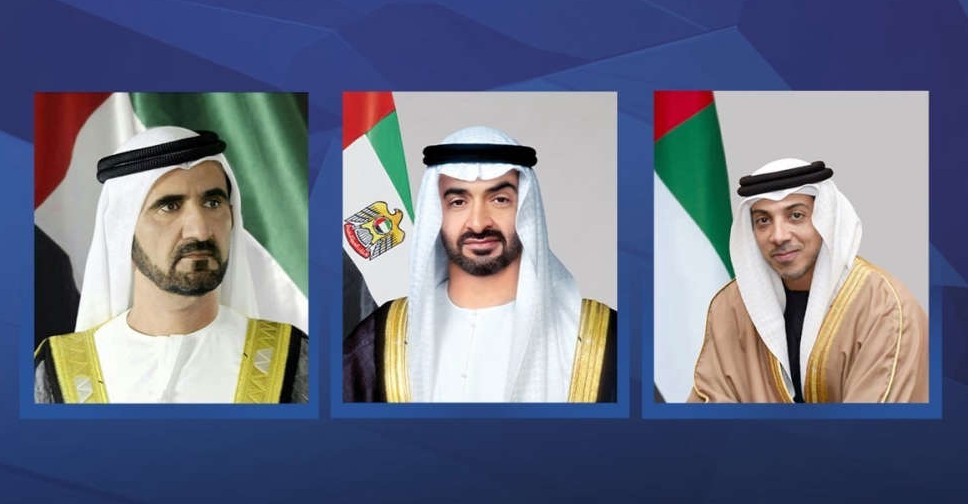 UAE leaders share Ramadan greetings in special messages
UAE leaders share Ramadan greetings in special messages
 UAE confirms first day of Ramadan
UAE confirms first day of Ramadan
 UAE Tour 2026 announces road closures for Stage 3 race
UAE Tour 2026 announces road closures for Stage 3 race
 Dubai adjusts paid parking, Salik hours for Ramadan
Dubai adjusts paid parking, Salik hours for Ramadan
 Dubai expands road network with new Al Rowaiyah corridor
Dubai expands road network with new Al Rowaiyah corridor
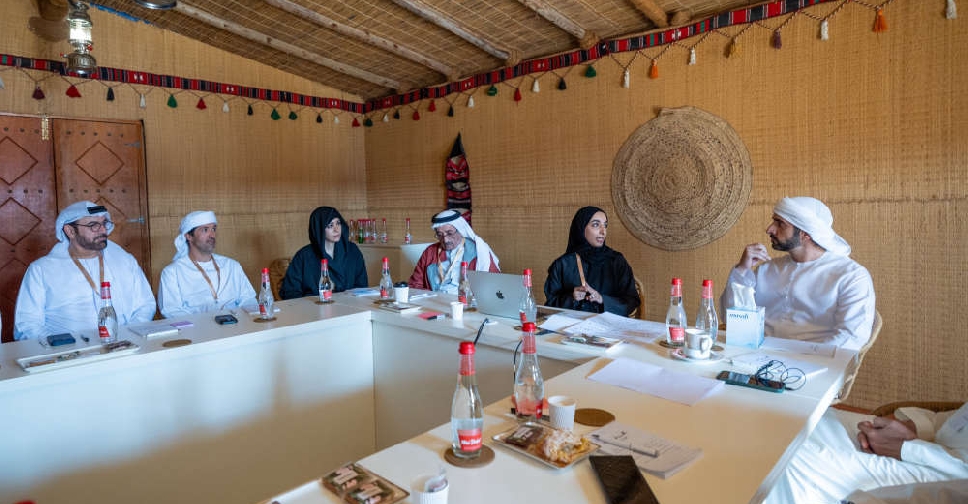 Dubai Camp drives next phase of government innovation
Dubai Camp drives next phase of government innovation
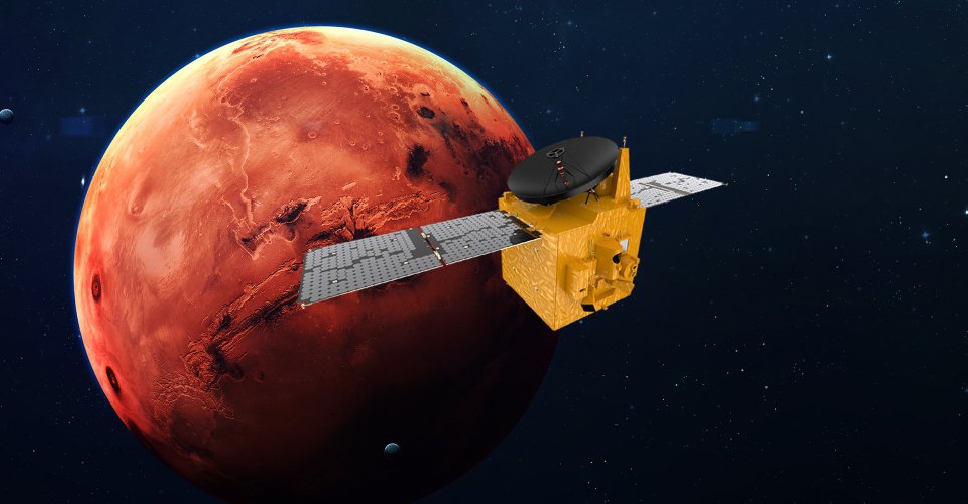 UAE extends Emirates Mars Mission until 2028
UAE extends Emirates Mars Mission until 2028
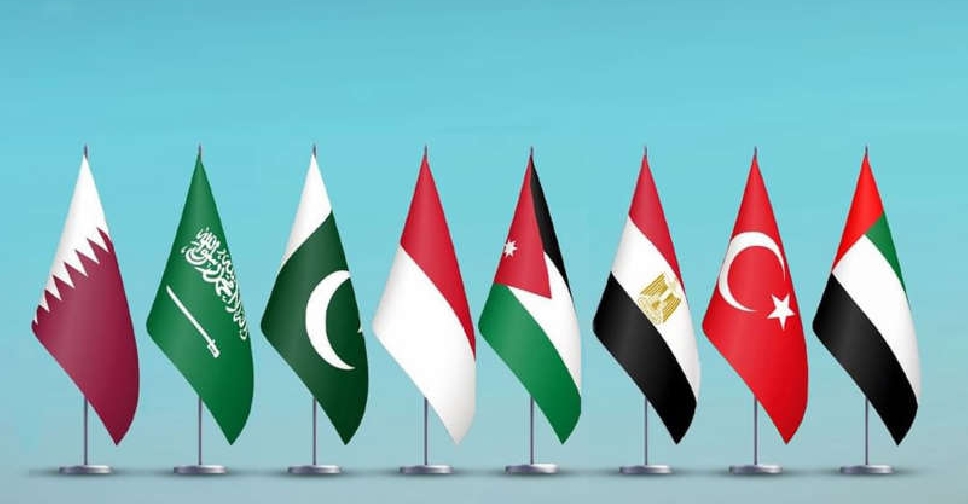 UAE joins 7 nations in condemning Israel's West Bank land registration plan
UAE joins 7 nations in condemning Israel's West Bank land registration plan
 Dubai Holding, Nord Anglia Education partner to develop new premium schools
Dubai Holding, Nord Anglia Education partner to develop new premium schools
 UAE President posts special message on Lunar New Year
UAE President posts special message on Lunar New Year
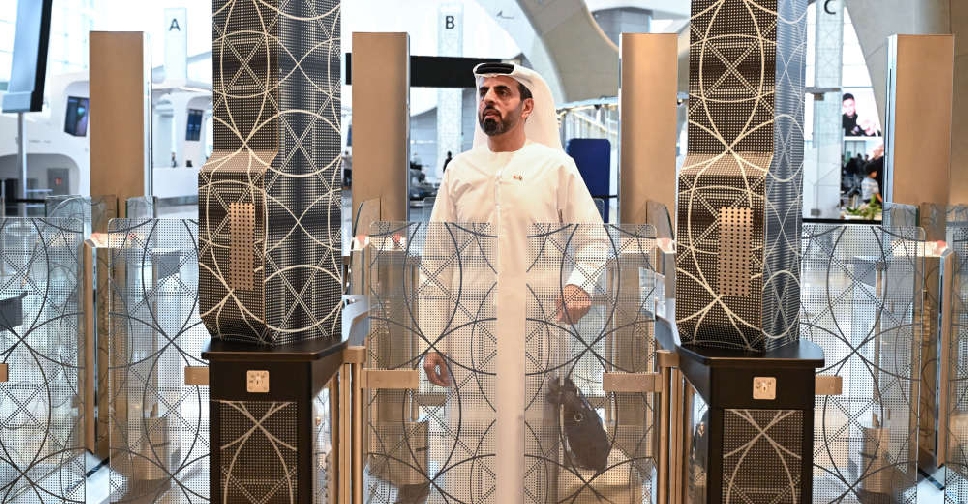 New UAE, Bahrain fast-track travel system takes off
New UAE, Bahrain fast-track travel system takes off
 Dubai's Al Jalila Foundation unveils cancer support fund
Dubai's Al Jalila Foundation unveils cancer support fund
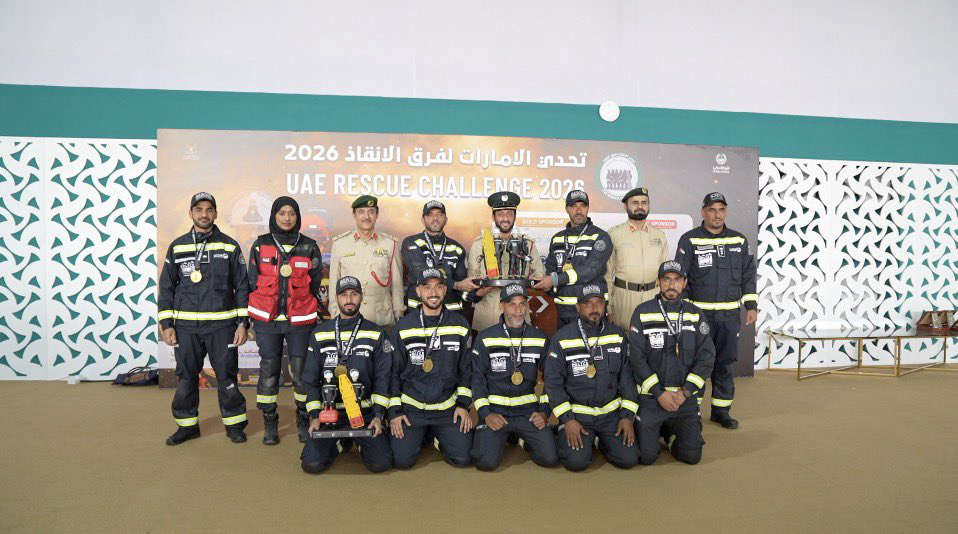 Dubai Police crowned champions of UAE Rescue Challenge
Dubai Police crowned champions of UAE Rescue Challenge
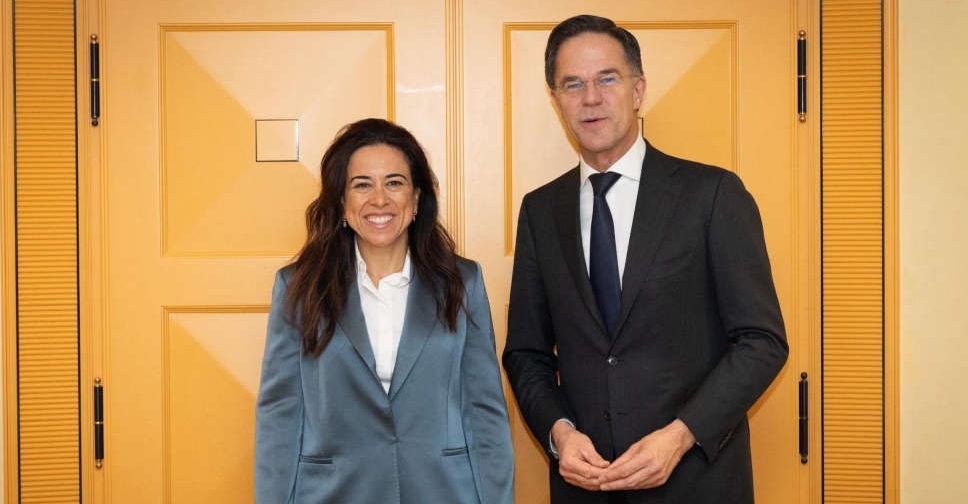 UAE discusses strengthening partnership with NATO
UAE discusses strengthening partnership with NATO
 Dubai Police urge vigilance against online begging
Dubai Police urge vigilance against online begging
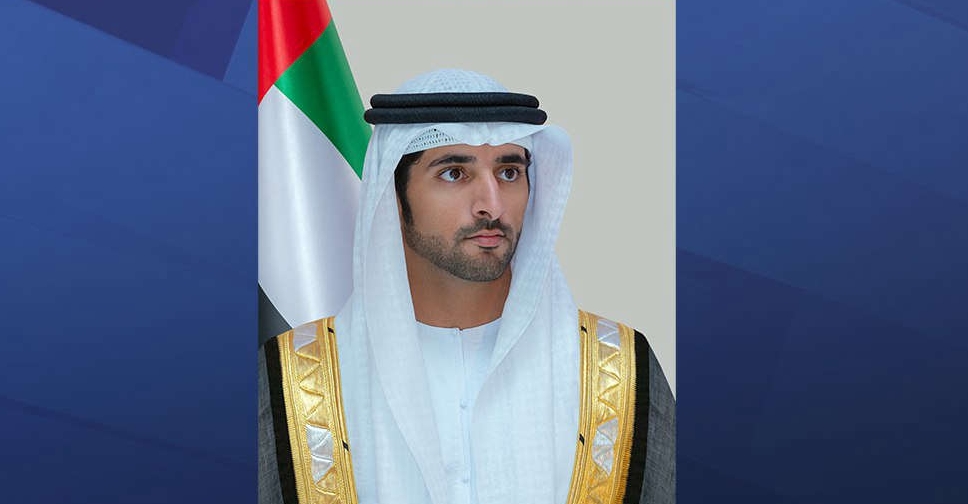 H.H. Sheikh Hamdan pays tribute to UAE's royal photographer
H.H. Sheikh Hamdan pays tribute to UAE's royal photographer
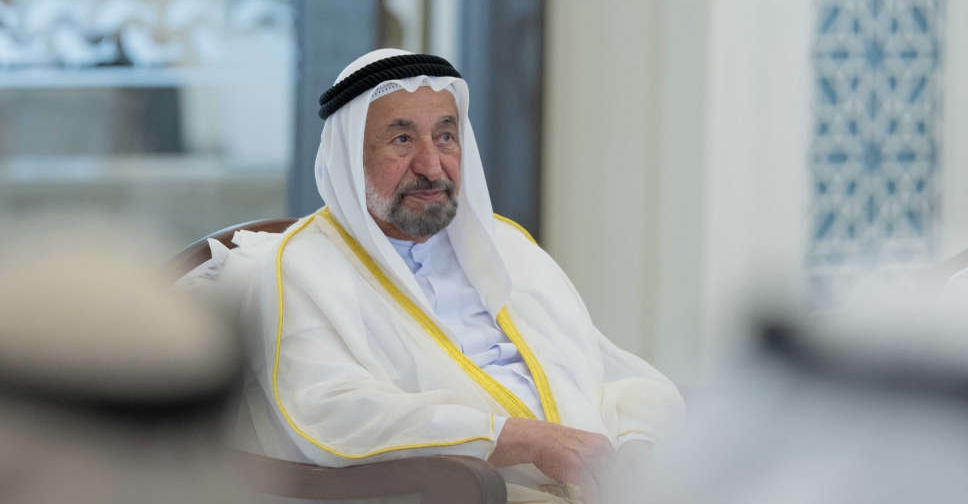 Sharjah approves over AED76 million in debt settlement for citizens
Sharjah approves over AED76 million in debt settlement for citizens
 H.H. Sheikh Hamdan awards Arab Hope Makers
H.H. Sheikh Hamdan awards Arab Hope Makers
 UAE looks into framework to regulate children's social media use
UAE looks into framework to regulate children's social media use
 UAE Ramadan moon-sighting committee to meet on Tuesday
UAE Ramadan moon-sighting committee to meet on Tuesday
